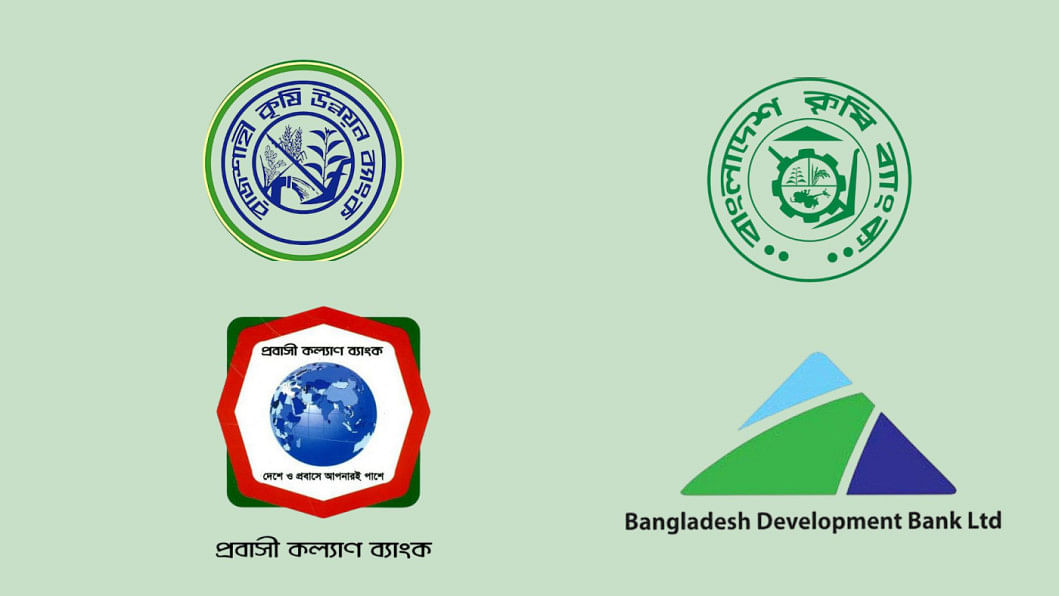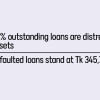Govt unveils uniform promotion policy for specialised banks

The finance ministry has introduced a unified promotion policy for employees of specialised banks in Bangladesh -- a major step towards streamlining career progression and ensuring transparency.
The policy is expected to bring long-awaited clarity to thousands of banking professionals working in these institutions for years without a clear promotion structure, the ministry said in a circular.
The newly approved Promotion Policy 2025 will apply to employees of Bangladesh Krishi Bank, Rajshahi Krishi Unnayan Bank, Bangladesh Development Bank Limited, and Probashi Kallyan Bank.
It seeks to address long-standing issues related to inconsistencies in promotion standards and unclear evaluation systems, the circular read.
Officials stated that under the new guidelines, promotion will now be based on a combination of academic qualifications, training records, job performance, seniority, and mandatory passing marks in written and oral examinations, ensuring a merit-based but fair evaluation process.
For a candidate to be considered eligible for promotion, they must meet the minimum qualifying marks determined by the board, which includes 50 percent from written examinations, 30 percent from oral assessments, and the remaining 20 percent from service record and training credentials.
Additionally, an applicant's annual confidential reports, often known as ACRs, will play a significant role in the evaluation, and no employee will be considered if they receive a rating below the minimum set standard in these critical performance reviews.
Importantly, the policy outlines that employees must have a clean service record and should not have any unresolved disciplinary cases or penalties pending against them at the time of their promotion application submission.
Each bank will be required to form a dedicated promotion committee chaired by a senior executive, and the committee must include representatives from human resources and audit divisions to ensure checks and balances in the selection process.
In cases of promotion to senior officer or above, a representative from the Financial Institutions Division must be present as an observer to enhance transparency and uphold government oversight within the process.
The policy mandates a 'cut-off date' to determine eligibility for promotion annually, meaning only those who fulfil the criteria by a specific date will be allowed to sit for the assessment in that cycle.
Employees who fail to secure promotion after three consecutive attempts despite being eligible will have their cases reviewed by a special board to investigate whether any procedural injustice or exceptional circumstance may have hindered their advancement.
Furthermore, employees must complete the designated training programmes for the role they seek, and successful participation in those will be considered a prerequisite before being shortlisted for promotion exams.
This comprehensive policy is expected to bring consistency, motivation, and morale among employees of specialised banks, many of whom have served for years without structured promotion pathways or recognition for their contributions to the national economy.

 For all latest news, follow The Daily Star's Google News channel.
For all latest news, follow The Daily Star's Google News channel. 









Comments